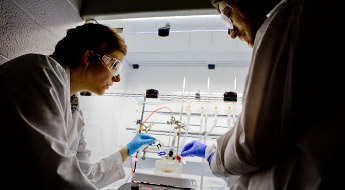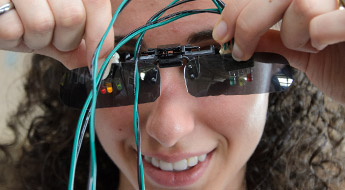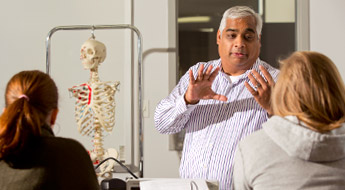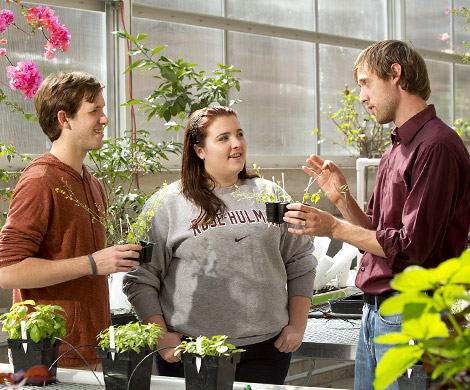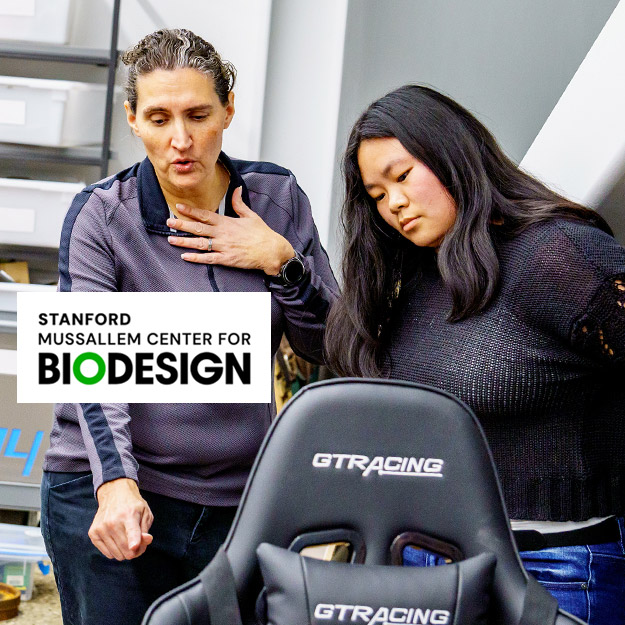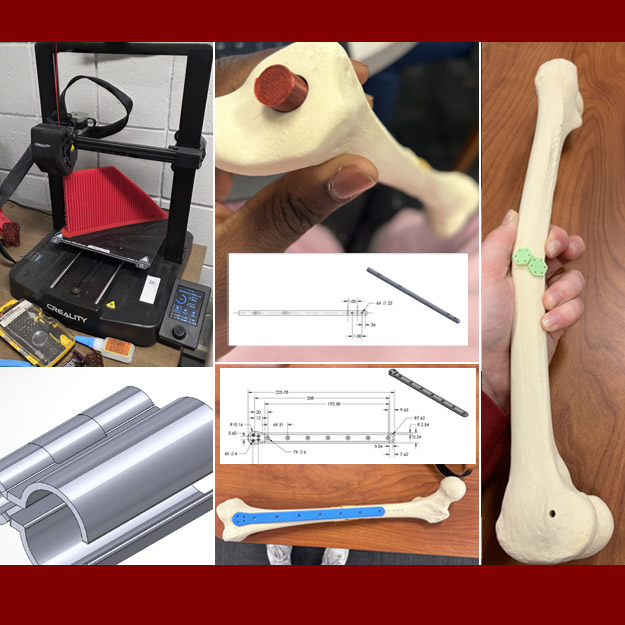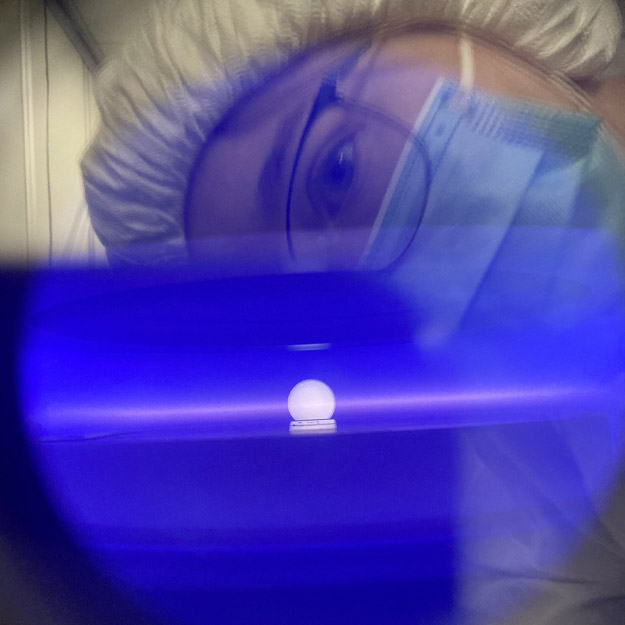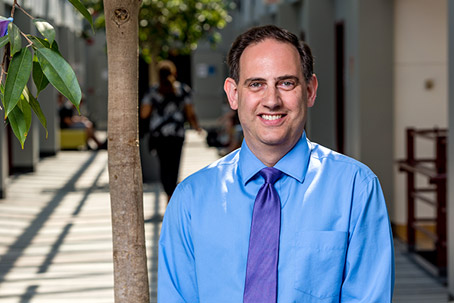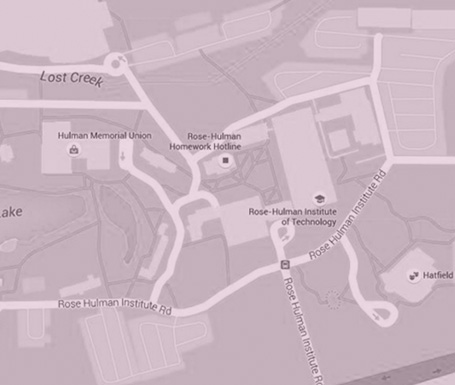If you love engineering, science, math, and helping people, the biological life sciences are for you! We proudly offer undergraduate degrees in biology and biomedical engineering, and a second major in biochemistry and microbiology. If you want to pursue graduate study, we also offer a master’s degree in biomedical engineering.
Learn more about the requirements for both programs below and visit this page for additional details about the amazing opportunities that come through earning degrees in Biology or Biomedical Engineering at Rose-Hulman.

